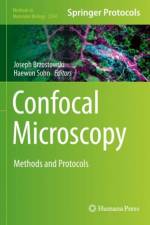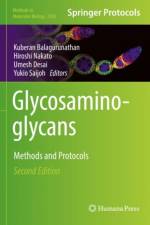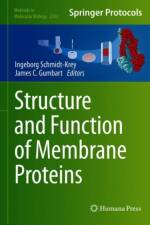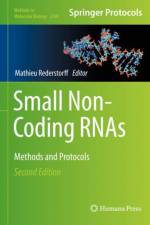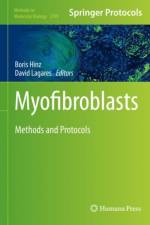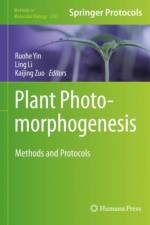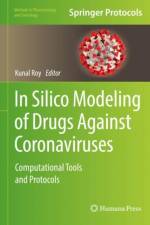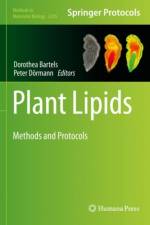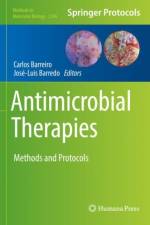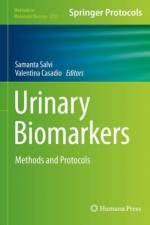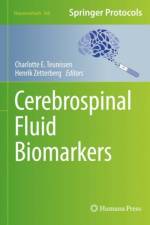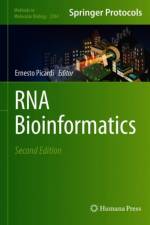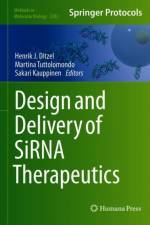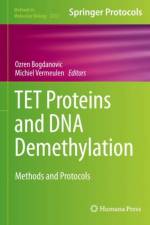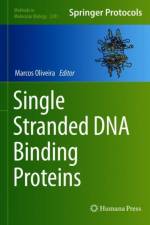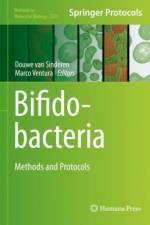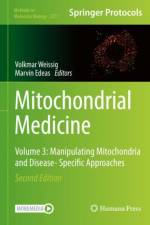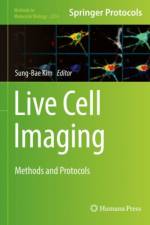164,00 €
Antimicrobial resistance will become a global health threat since antimicrobial treatments continue at the forefront of the defense against microbial infections. To respond to the issue, this detailed book explores vital methodologies currently in use to advance our understanding of antibiotic issues and answer the worldwide demand for novel antibiotics therapies. Beginning with a review chapter that guides the reader through the worldwide demand for novel antibiotics therapies, the volume continues with sections covering new screening procedures and environmental sources, advances in analytical, microbiological, and biotechnological methodologies, antibiotic production and antibiotic resistances, as well as considerations of drug trials and clinical concerns regarding multi-resistant patients. Written for the highly successful Methods in Molecular Biology series, chapters include introductions to their respective topics, lists of the necessary materials and reagents, step-by-step, readily reproducible laboratory protocols, and tips on troubleshooting and avoiding known pitfalls. Authoritative and practical, Antimicrobial Therapies: Methods and Protocols provides a reference source for health, laboratory, and industrial professionals, as well as for graduate students in a number of bio-sanitary disciplines, including medicine, nursery, biotechnology, veterinary, microbiology, genetics, molecular biology, nutrition, farming, and more.Chapter ¿14¿ is available open access under a Creative Commons Attribution 4.0 International License via link.springer.com.

